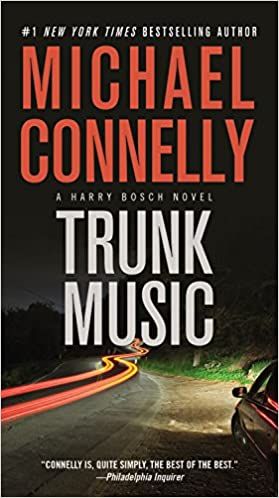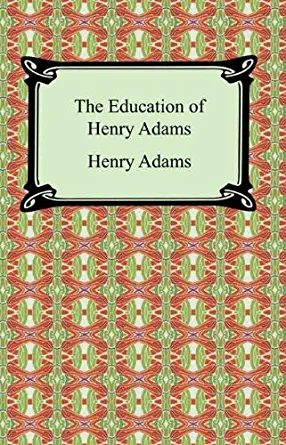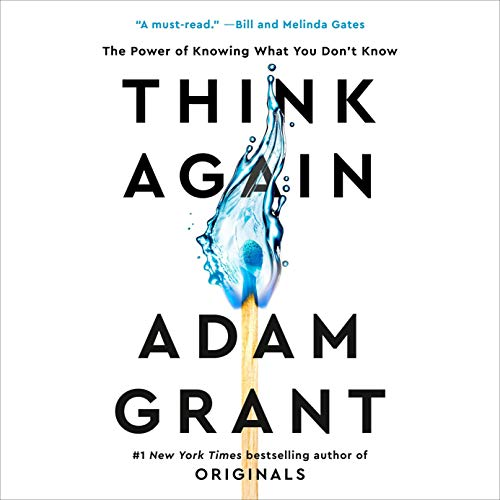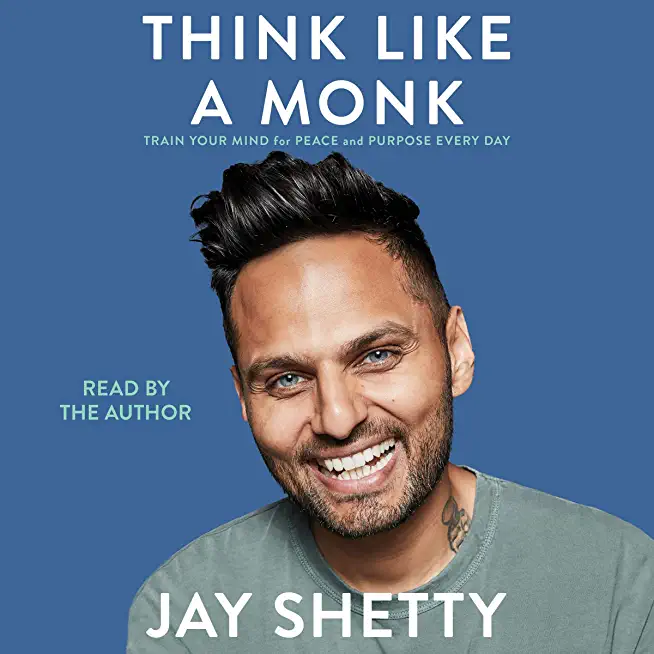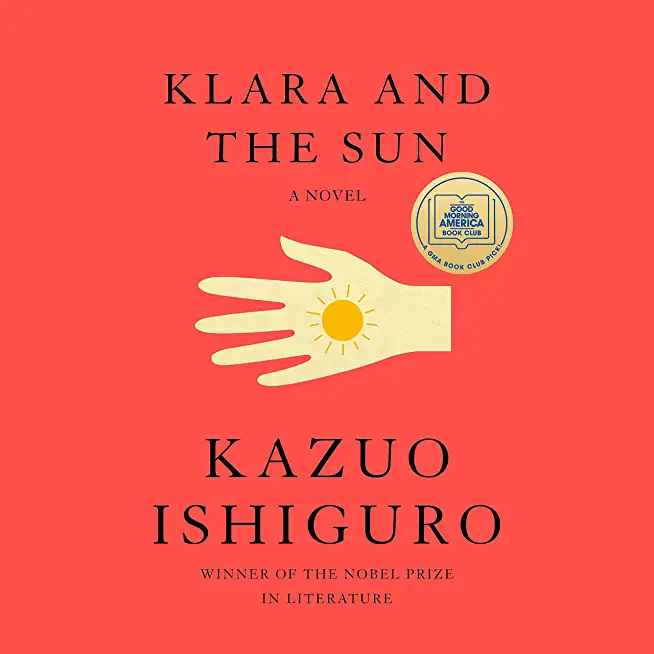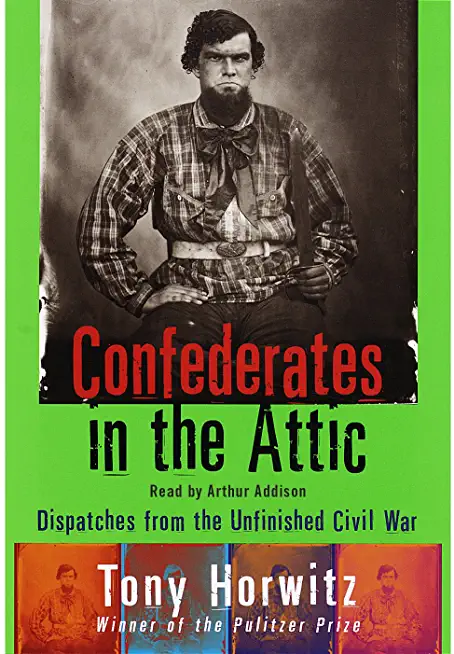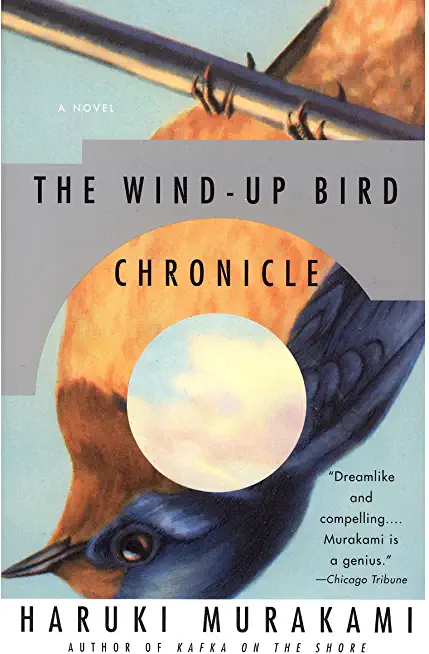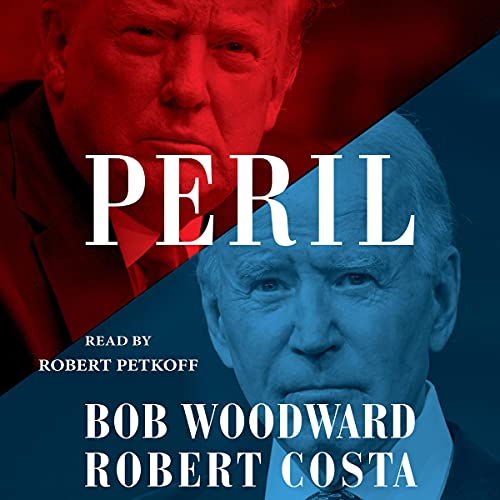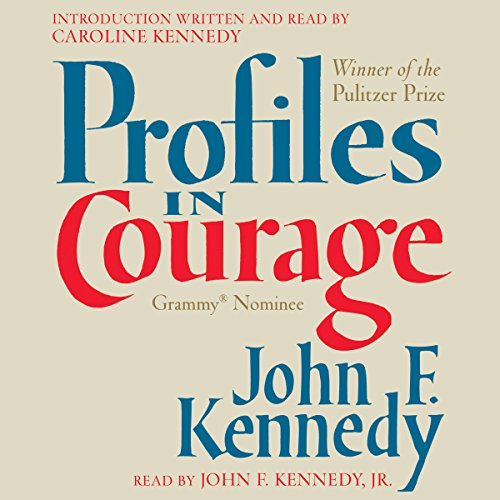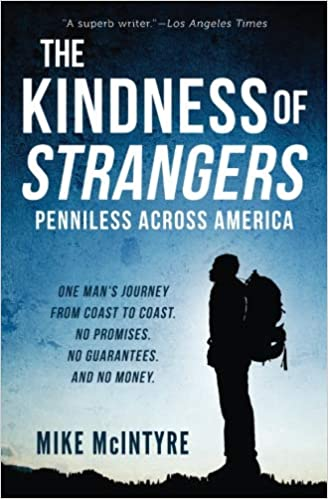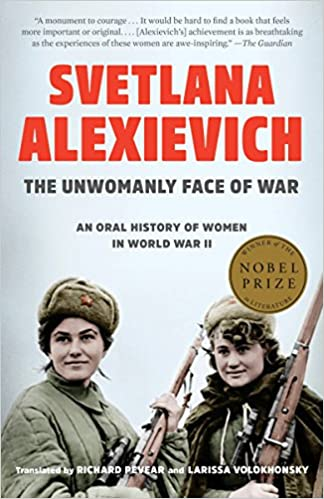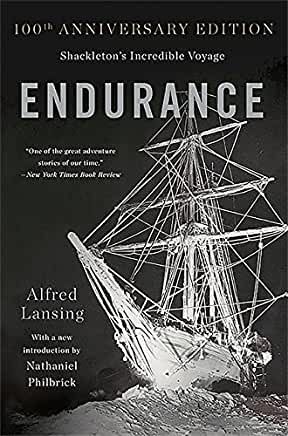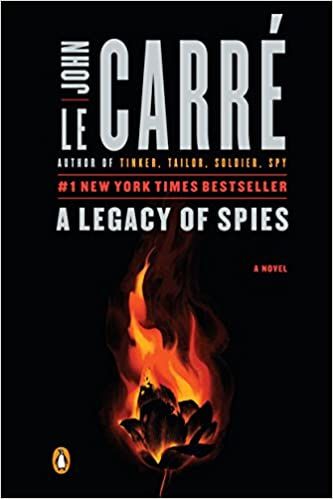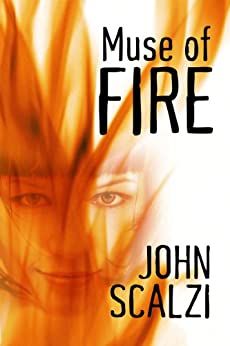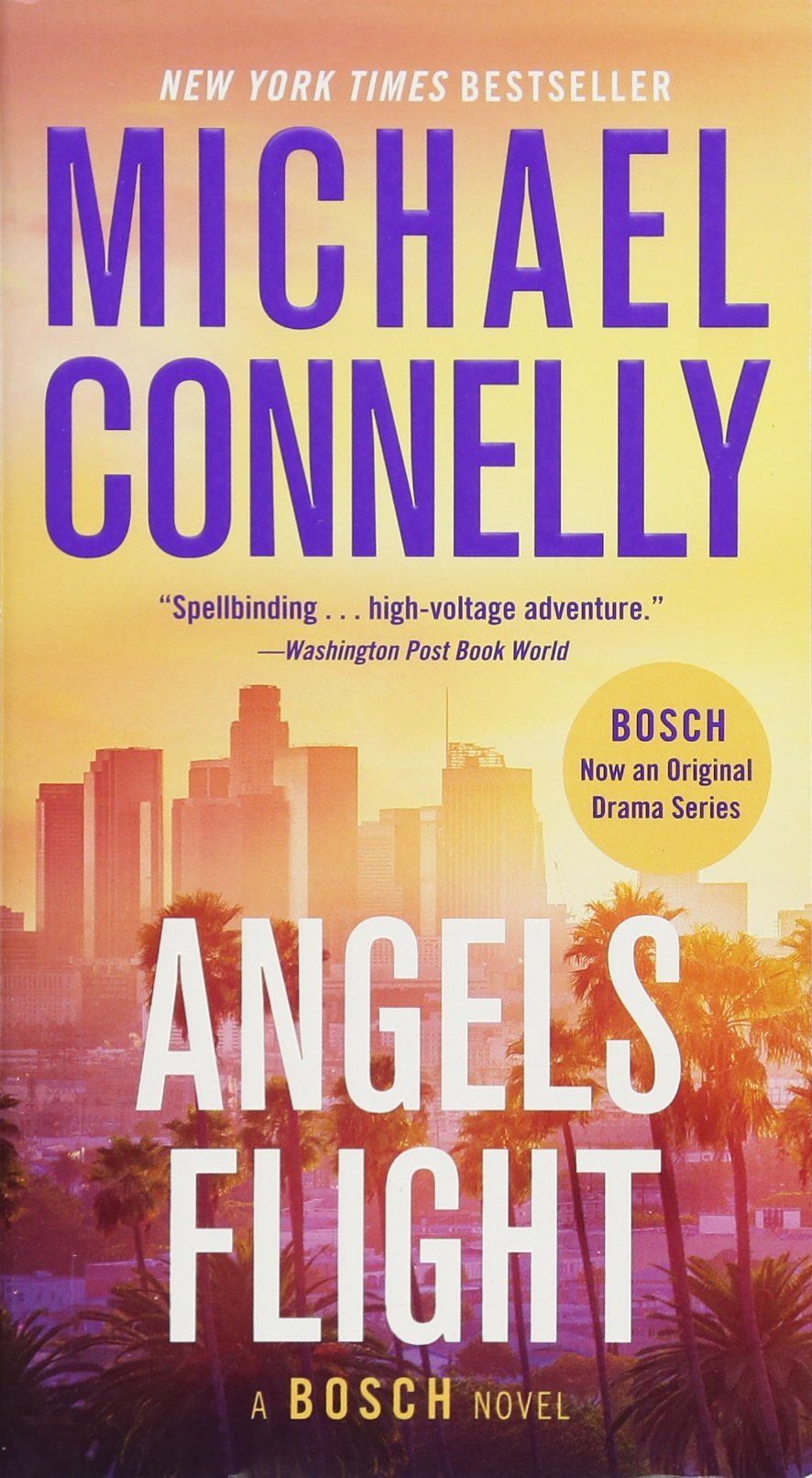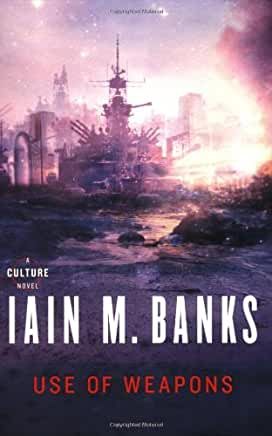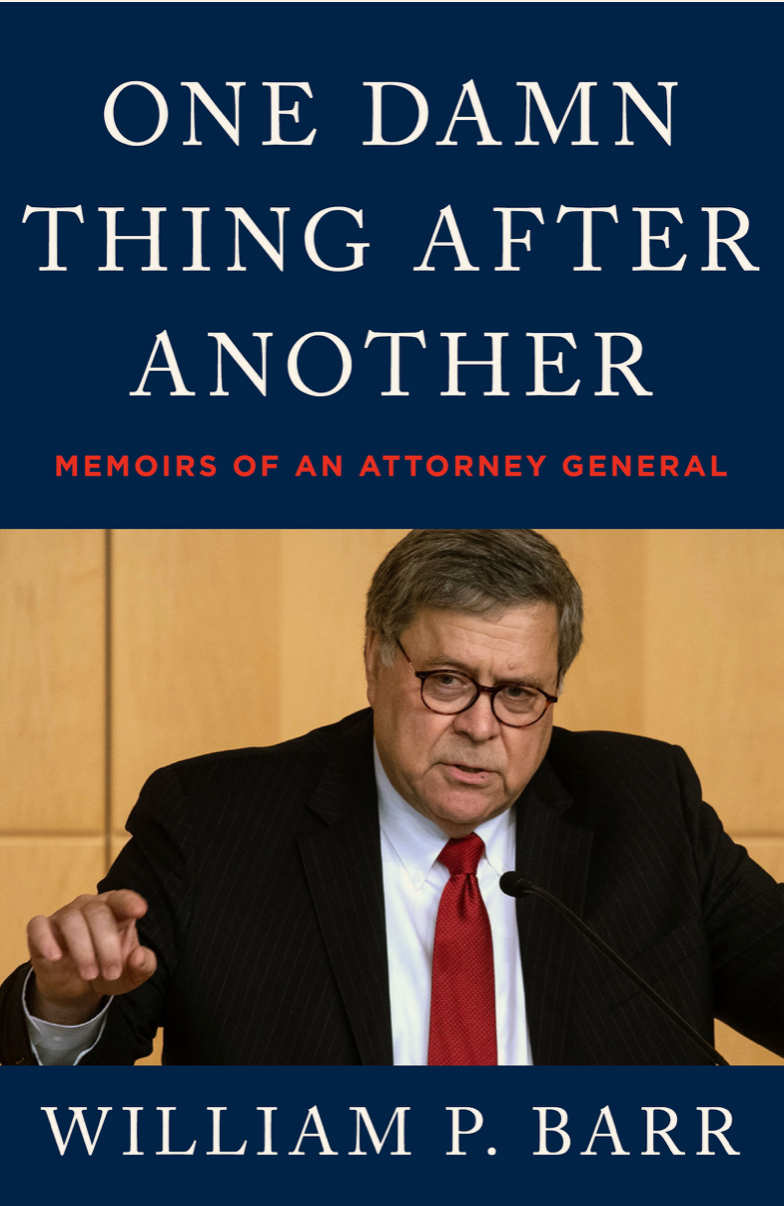What are you reading now?
-
Finished this this morning. Probably one of MacIntyre's best. It's up there with "Mincemeat" and the Gordoyevsky story. The afterword is written by John Le Carre. Le Carre had occasion to meet the guy who confronted Philby in Beirut in 1963, and had several interviews with him.
Le Carre also received an invitation to meet Philby in Moscow.
He declined.
So, as long as I'm doing spies, I thought I'd give this another shot. I started it when it first came out, but lost interest.

So far, it's VERY James Bond-like. Interesting, perhaps unrelated opening, flashback to past missions, etc.
Oh, and it was written by someone I knew, back in another life.
@george-k said in What are you reading now?:
So far, it's VERY James Bond-like. Interesting, perhaps unrelated opening, flashback to past missions, etc.
Oh, and it was written by someone I knew, back in another life.Yeah, it was okay.
Not "blow me away I want MOAR" away, but a pleasant-enough waste of a few hours where you don't feel like you wasted a few hours.
Nice twists in the last ¼ of the book.
I was going to start this (and got about 10% of the way through it), but got, well, not bored, but "I'm not ready for this again," so I gave up - for now.
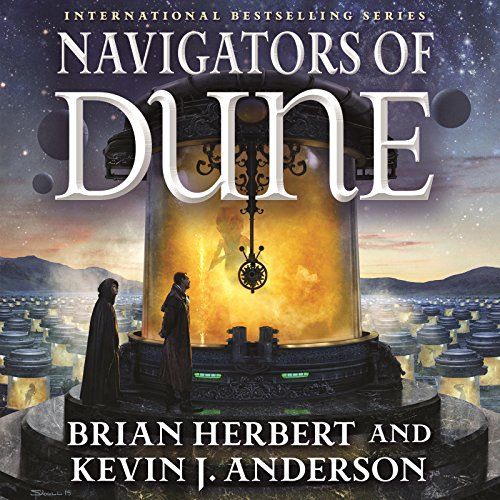
I think I'll do some more Bosch instead.
-
@george-k said in What are you reading now?:
So far, it's VERY James Bond-like. Interesting, perhaps unrelated opening, flashback to past missions, etc.
Oh, and it was written by someone I knew, back in another life.Yeah, it was okay.
Not "blow me away I want MOAR" away, but a pleasant-enough waste of a few hours where you don't feel like you wasted a few hours.
Nice twists in the last ¼ of the book.
I was going to start this (and got about 10% of the way through it), but got, well, not bored, but "I'm not ready for this again," so I gave up - for now.

I think I'll do some more Bosch instead.
-
Loved this book. It's, perhaps, one of the more "obscure" LeCarre books. It has all the players you've loved in the past. Guillam, Smiley, Control...
And yes, the back story of Mundt, Leamas, and Liz.
Full of flashbacks, flash forwards, etc. Gotta pay attention.
Gonna re-read "From the Cold" just to enjoy the basis of this story.
-
But...before I jump into more LeCarre...a short story to keep me engaged.
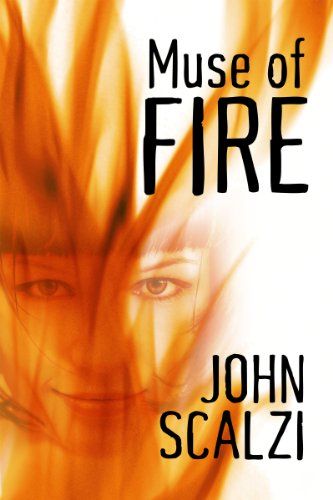
Ben Patton is a genuis, a mathematician and a man on the verge of a scientific discovery that could change the world -- if the math he's invented for it works. Ben's secret to his success: A muse, Hestia, who helps him, cares for him and in many ways is the love of his life, as muses so often are for those they inspire.
Hestia is Ben's secret -- but Hestia has secrets of her own. As the two of them race toward the completion of their work, Ben discovers the price of having a muse, and learns that the world can change, in ways he does not expect.
A tale of science and fantasy, from New York Times best-selling author John Scalzi.
I love Scalzi.
-
OK that was fun, and very, very different. Nice twist at the end.
Started this today. Several people on FB have commented that "Consider Phlebas" is not Banks' strongest work. If you recall, I gave up about 75% of the way through, having gotten bored with it.
So, to give Banks another shot I started this today (about 40% of the way through it).
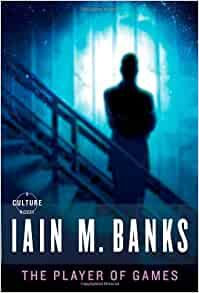
The Culture — a human/machine symbiotic society — has thrown up many great Game Players, and one of the greatest is Gurgeh Jernau Morat Gurgeh. The Player of Games. Master of every board, computer and strategy.
Bored with success, Gurgeh travels to the Empire of Azad, cruel and incredibly wealthy, to try their fabulous game. . . a game so complex, so like life itself, that the winner becomes emperor. Mocked, blackmailed, almost murdered, Gurgeh accepts the game, and with it the challenge of his life — and very possibly his death.
Yeah, in the same "universe" as "Phlebas," but a much, MUCH, better story.
-
Almost finished with "Endurance."
A very well-told tale which never, ever gets boring.
It reminds me of "Unbroken," the story of survival of the airmen of a downed B-24 in WWII.
@George-K said in What are you reading now?:
Almost finished with "Endurance."
A very well-told tale which never, ever gets boring.
It reminds me of "Unbroken," the story of survival of the airmen of a downed B-24 in WWII.
Glad you enjoyed it. Awesome book.
-
@george-k said in What are you reading now?:
I love, LOVE, Ben MacIntyre's books ("Operation Mincemeat").
Started this today...
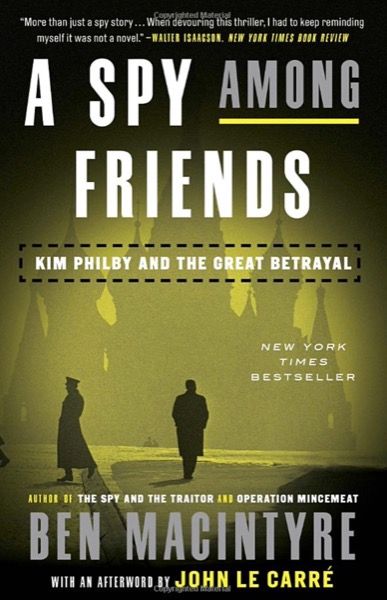
Bumping this for @Renauda who might find it interesting.
@George-K said in What are you reading now?:
@george-k said in What are you reading now?:
I love, LOVE, Ben MacIntyre's books ("Operation Mincemeat").
Started this today...

Bumping this for @Renauda who might find it interesting.
Read it a few years ago. Really good. A genuine page turner.
-
Return to "Dune."
About 100 pages in...so far, meh.
It seems like the desire to spin-out spin-offs is causing the ability to write creative stories is winning. The words that kept coming to me as I started were "cash cow."
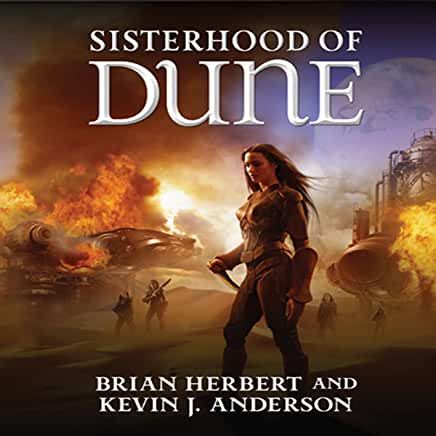
@George-K said in What are you reading now?:
Return to "Dune."
About 100 pages in...so far, meh.
Actually not too bad. Pretty predictable, and with the multiple storylines (The Sisterhood, the Mentats, the Navigators, the Venport industries) the tale is limber enough to keep your interest.
Oh, and, of course, Arrakis.
Got about 100 pages left.
Popcorn's pretty good.
*** out of **** stars so far.
-
Taking a deep, deep dive into the "Dune" universe, I finished "Sisterhood" a few days ago. I stand by my original thoughts. A very satisfying tale, and it makes you want to get to the next story.
So, today, I finished this:
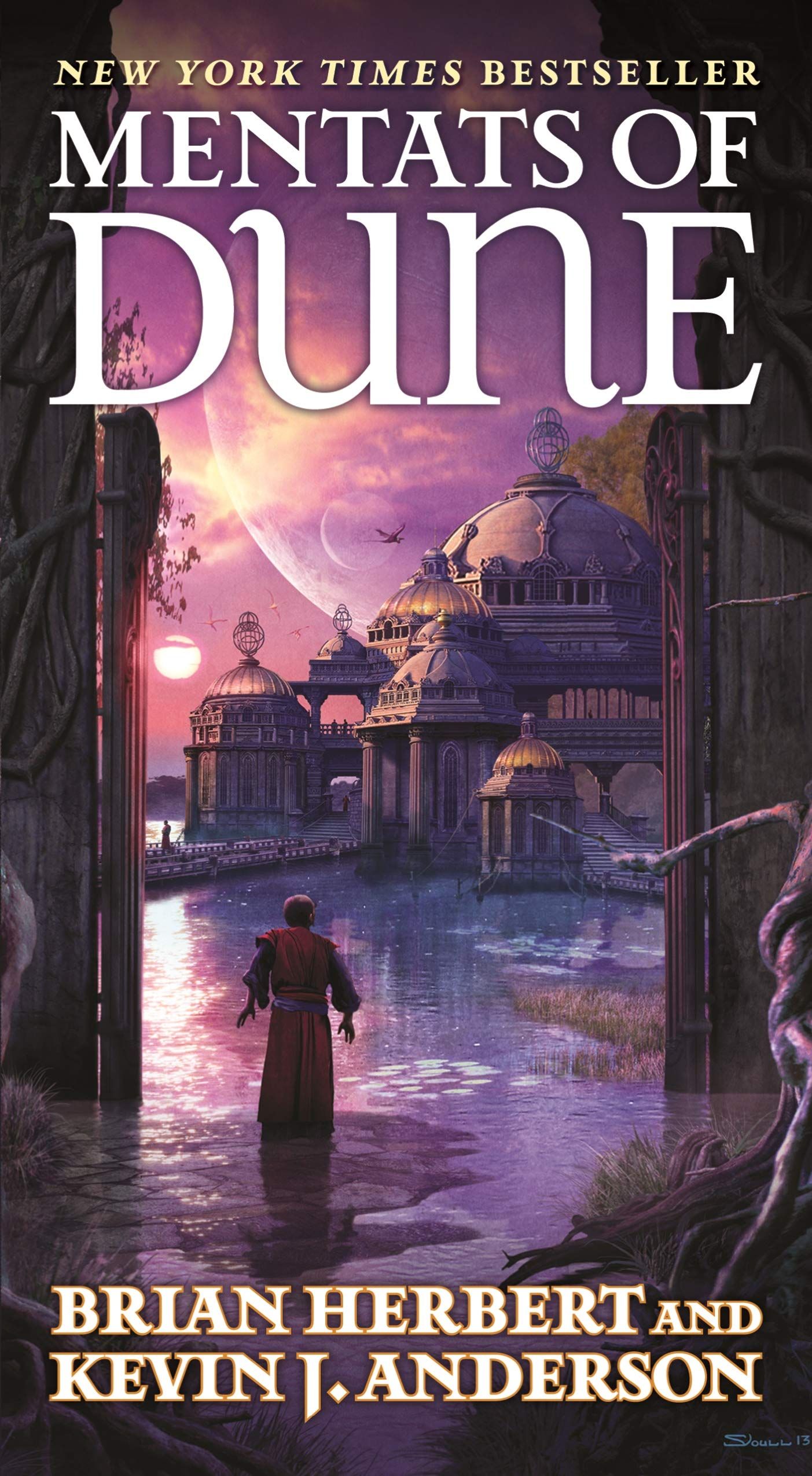
It's basically a continuation of "Sisterhood," and my thoughts are exactly the same. Very satisfying popcorn that makes you want more, so, today, I started this:
https://images-na.ssl-imag
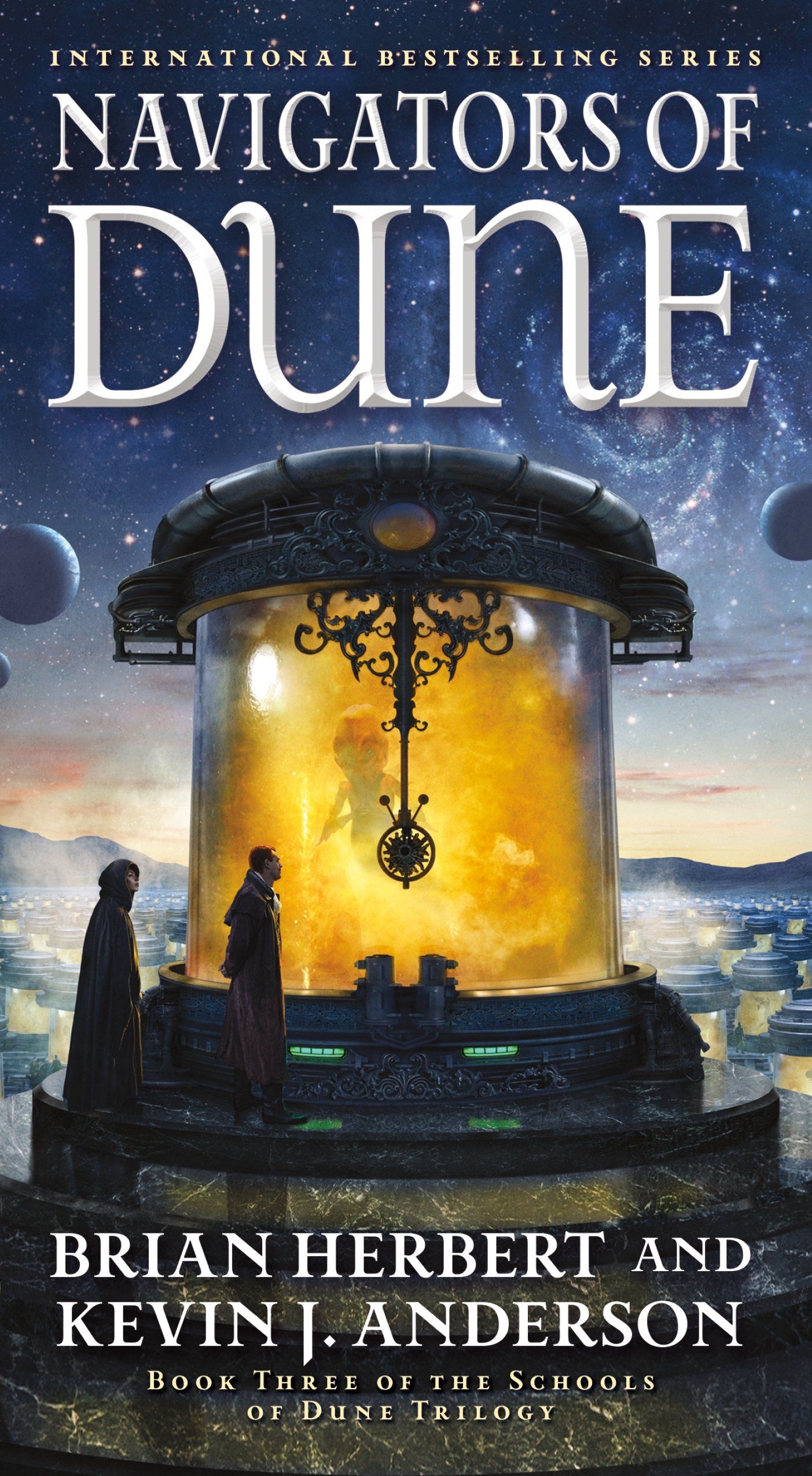 es-amazon.com/images/I/91mTFk88YpL.jpg
es-amazon.com/images/I/91mTFk88YpL.jpg -
Just finished this:
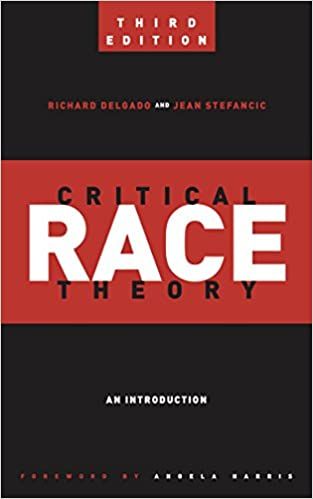
Rather disappointing on account of being so vague. Like critical legal theory texts I’ve read, it tends to be long on complaints about liberal/enlightenment values and short on remedy or policy.
I’m now about halfway through Derrick Bell’s book:
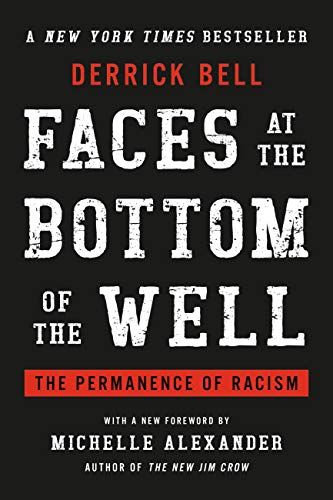
It’s well written, and even though it is a collection of fictive short stories or parables it’s far more substantive than Delgado and Stefancic’s introduction.
It does come across as a bit dated, as he’s describing institutional environments that were mostly gone by the time I started my career. Still a very worthy read.
